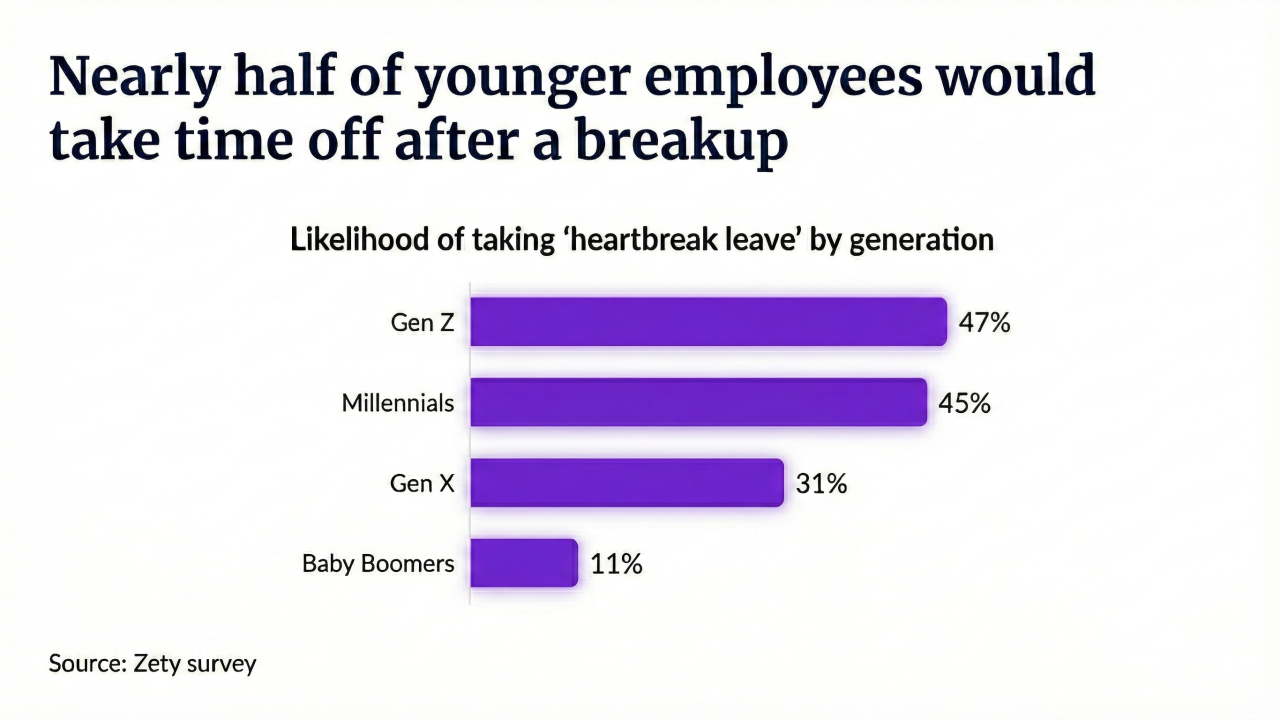During a year that’s seen intense racial strife and the inordinate effect of COVID-19 on their communities, Black employees are dealing with elevated levels of
“COVID has disproportionately affected Black and Brown communities, but COVID didn’t create these disparities — what it did was expose what has already existed for decades,” says Dr. Milo Dodson, a senior staff psychologist at UC Irvine. “For so many Black communities, you're just trying to get up to a baseline. You're not able to have conversations about thriving or do preventative care because you're just trying to survive.”
Since the start of the pandemic, 10.3 million Americans have been infected with COVID-19, with new cases climbing to over 130,000 per day, according to the Centers for Disease Control and Prevention. Since March, 240,000 people have died from COVID in the U.S. and 20% of those cases occurred among Black households. Black Americans are 2.1 times more likely to die from the virus than their white counterparts, and 1.1 times more likely than those in Hispanic populations.
The trauma of the pandemic has also impacted mental health in the Black community more severely than other groups: according to a September survey by the Commonwealth Fund, 39% of Black Americans reported feeling stress, anxiety and sadness during the pandemic, compared to 29% of those who identify as white.

“COVID has impacted income, healthcare and family care in ways that white employees may not have to experience,” Dodson says. “There's this feeling of, ‘When is this going to stop?’”
Additionally, after a year that’s seen persistent police killings, national racial protests and a contentious presidential election, Dodson says he’s seen an increased number of patients showing symptoms of post-traumatic stress disorder.
“There’s this increased sense of hypervigilance, and that extends into our workplace environment,” he says. “We know that racial battle fatigue is a real thing, and it impacts health. Employees are not going to be able to perform at regular
Read more:
Since the start of the pandemic, workplaces have taken strides to create more open dialogues around mental health challenges and have

While it’s encouraging to see more open dialogue around these issues, Black people often feel isolated and tokenized when it comes to sharing their experiences and struggles, says Shereen Anis, CEO of Representation Counts, a workplace diversity and inclusion consulting firm.
“There’s a lot more sensitivity now, but there’s also a lot of tokenism happening, where Black Indengenious People of Color feel like they’re just being used to perpetuate an image that my company cares,” she says. “They may feel like they’re being used with no actual benefits.”
Read more:
In addition to not feeling like they can’t bring their full selves to work, the stigma around seeking help for mental health issues keeps many Black employees isolated and struggling in silence, Dodson says. Sixty-three percent of Black Americans believe mental health condition is a personal sign of weakness, according to the National Alliance on Mental Health. Seventy percent of Black people with mental health issues do not seek care, according to the Substance Abuse and Mental Health Services Administration.
“There’s a historical mistrust of healthcare systems, so when workplaces are providing employee assistance programs that provide therapy as an aspect of that, they need to prioritize mental health as just health,” Dodson says. “But I don't think employers fully understand the depth that's needed — a one-size-fits-all mental health offering doesn't really work.”
Instead, employers need to be open to the experiences of Black employees by listening and then tailoring their programs to the
“Open up that table: have people from representative backgrounds sit with you,” Anis says. “But get them to help solve the problem. It’s not enough to just understand the pain and needs of [Black employees]. Employers need to be open minded and listen to a narrative that will help them.”
To combat fear Black employees may feel about speaking openly about their challenges, managers and other upper-level leaders can start the conversation by normalizing things like taking personal days. This can remove the pressure employees feel to bring up issues on their own, Dodson says.
“Supporting employees includes prioritizing access to mental health and making sure you’re backing that up with your policies,” he says. “It’s incumbent on people in positions of power to make sure they’re leading those conversations instead of making the employee feel like they need to say, this is what I need. You’re normalizing it, and you’re owning your privilege to advocate for your employees.”






